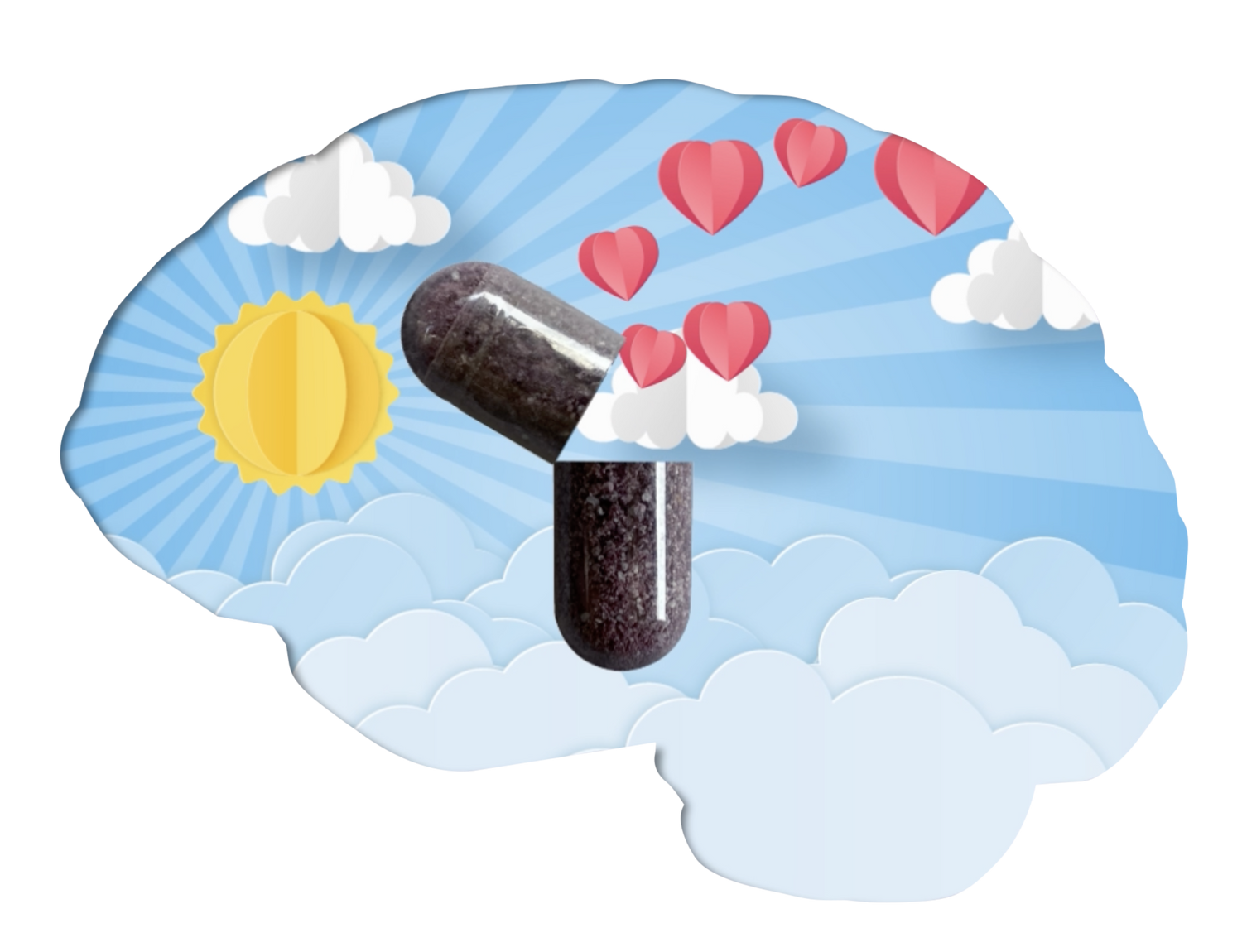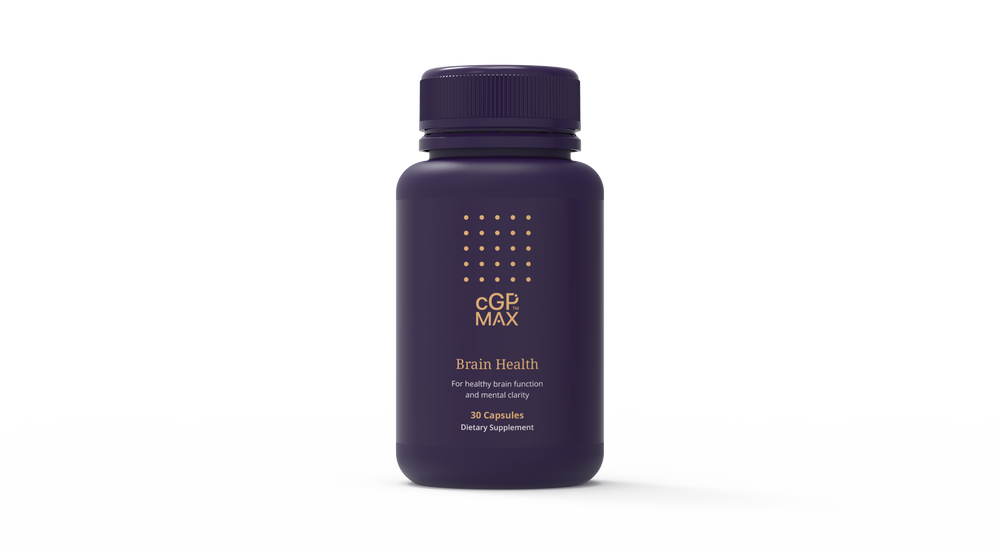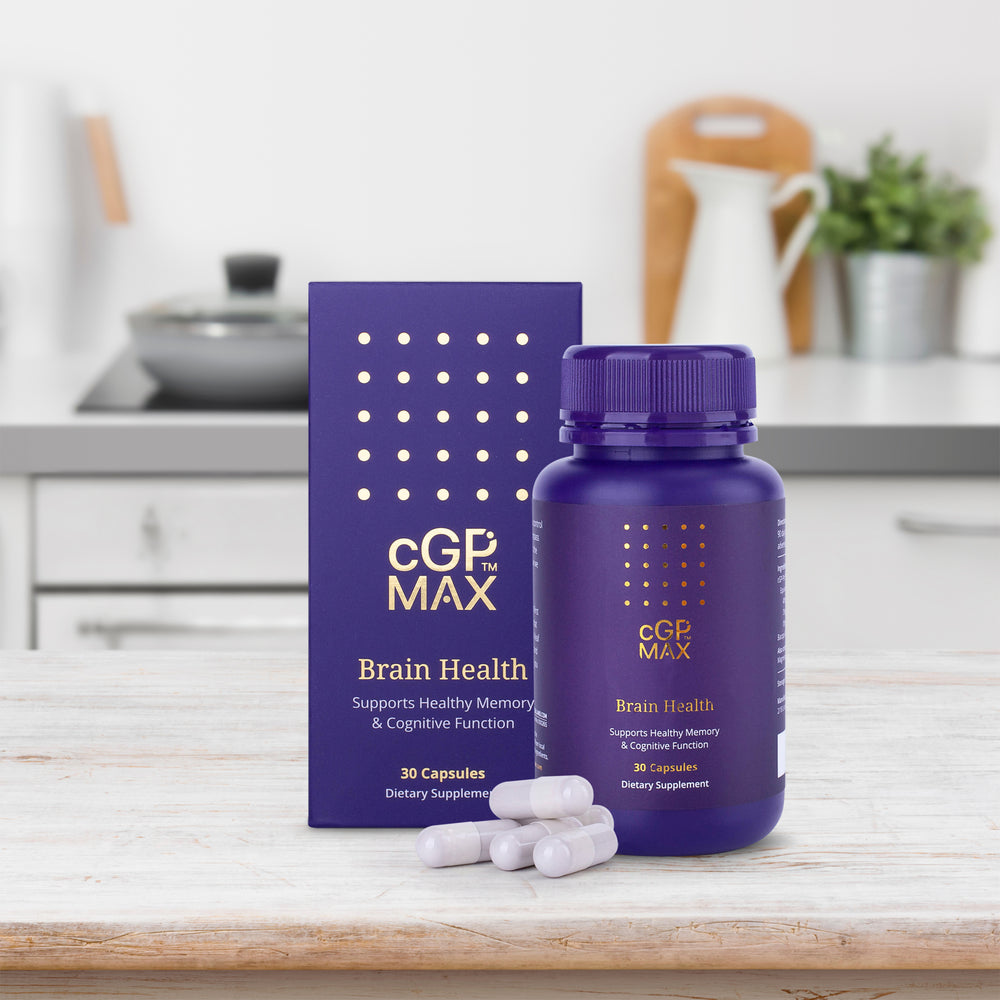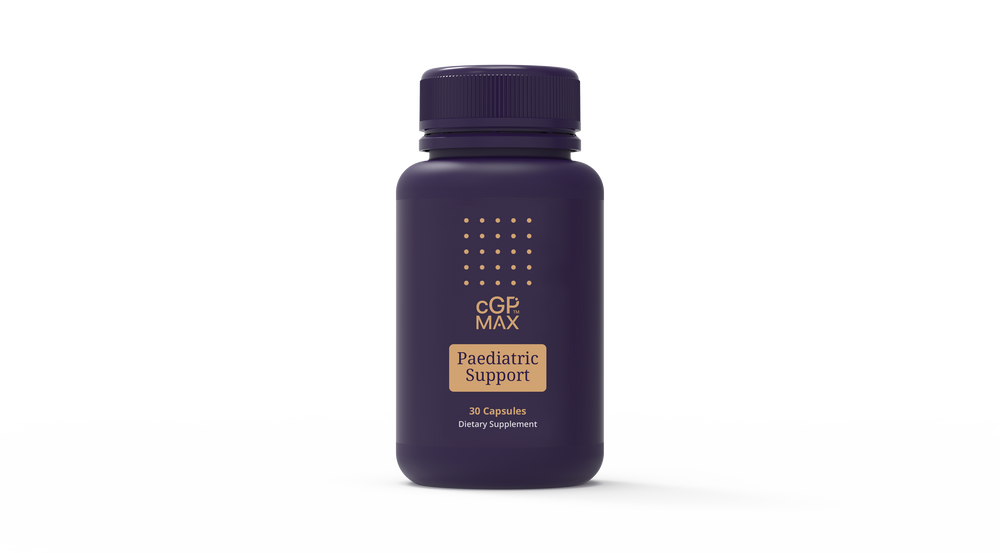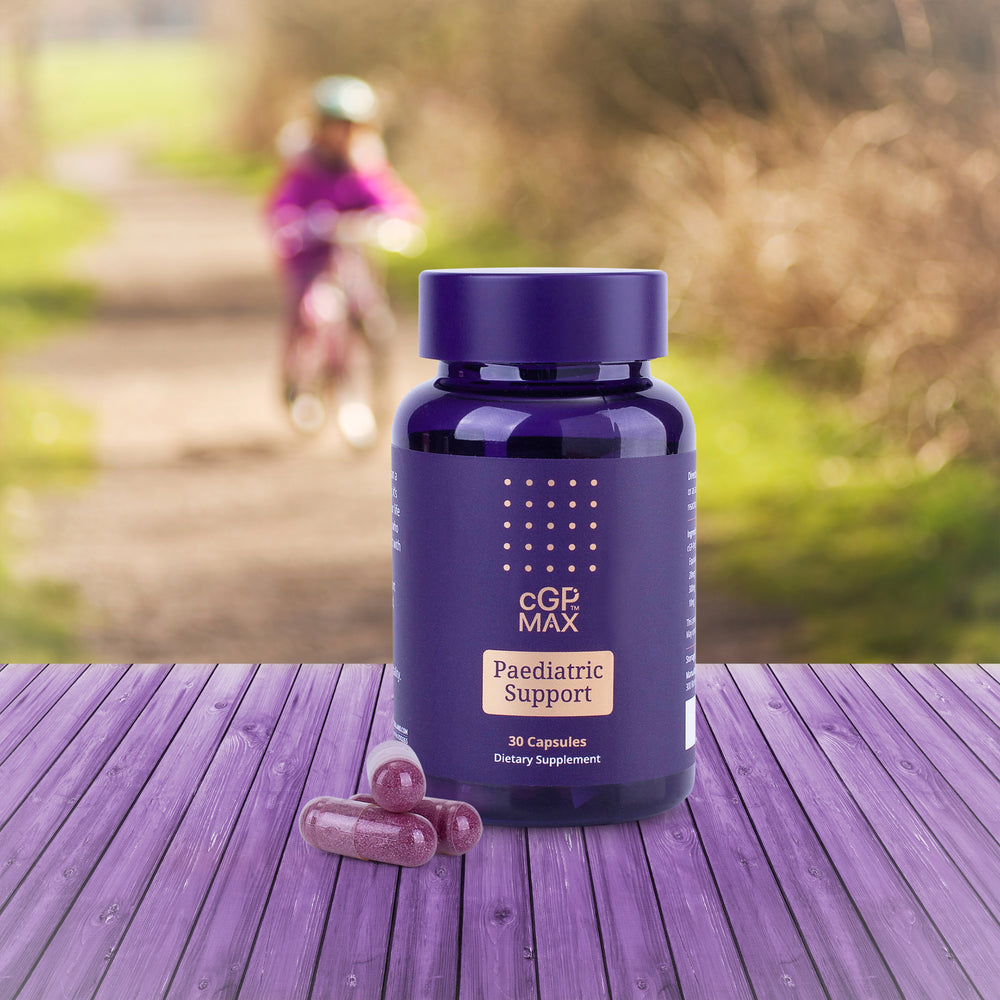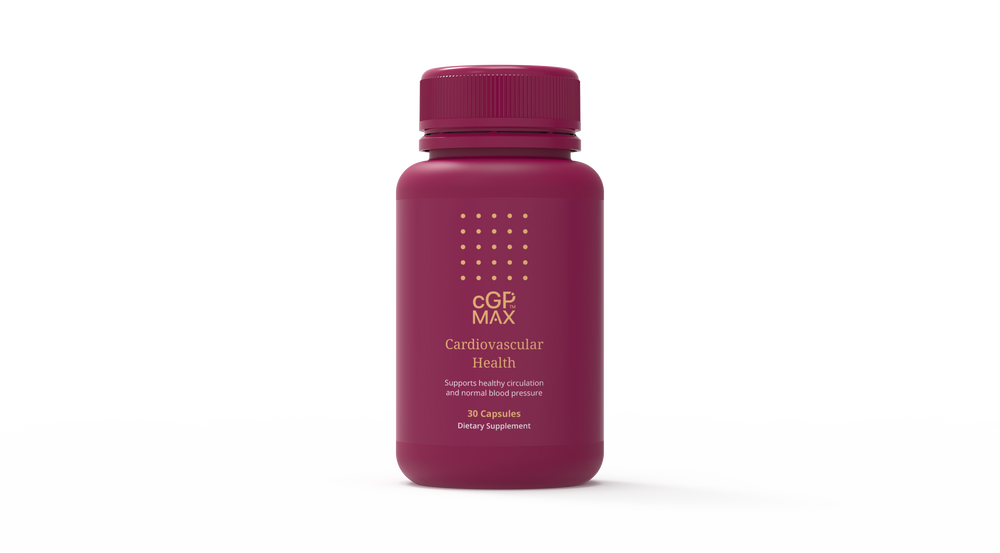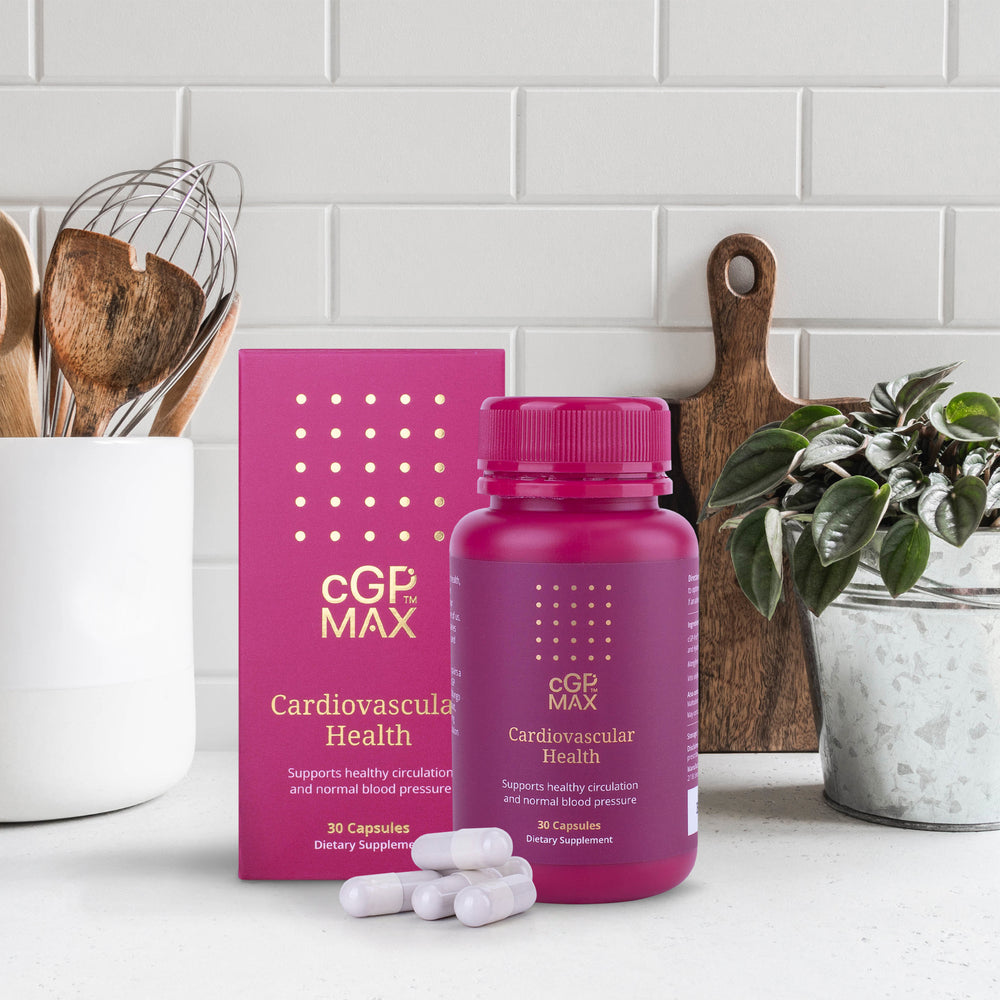The world's only natural supplements proven to restore the body’s levels of cGP - a critical molecule for healthy ageing and well-being.

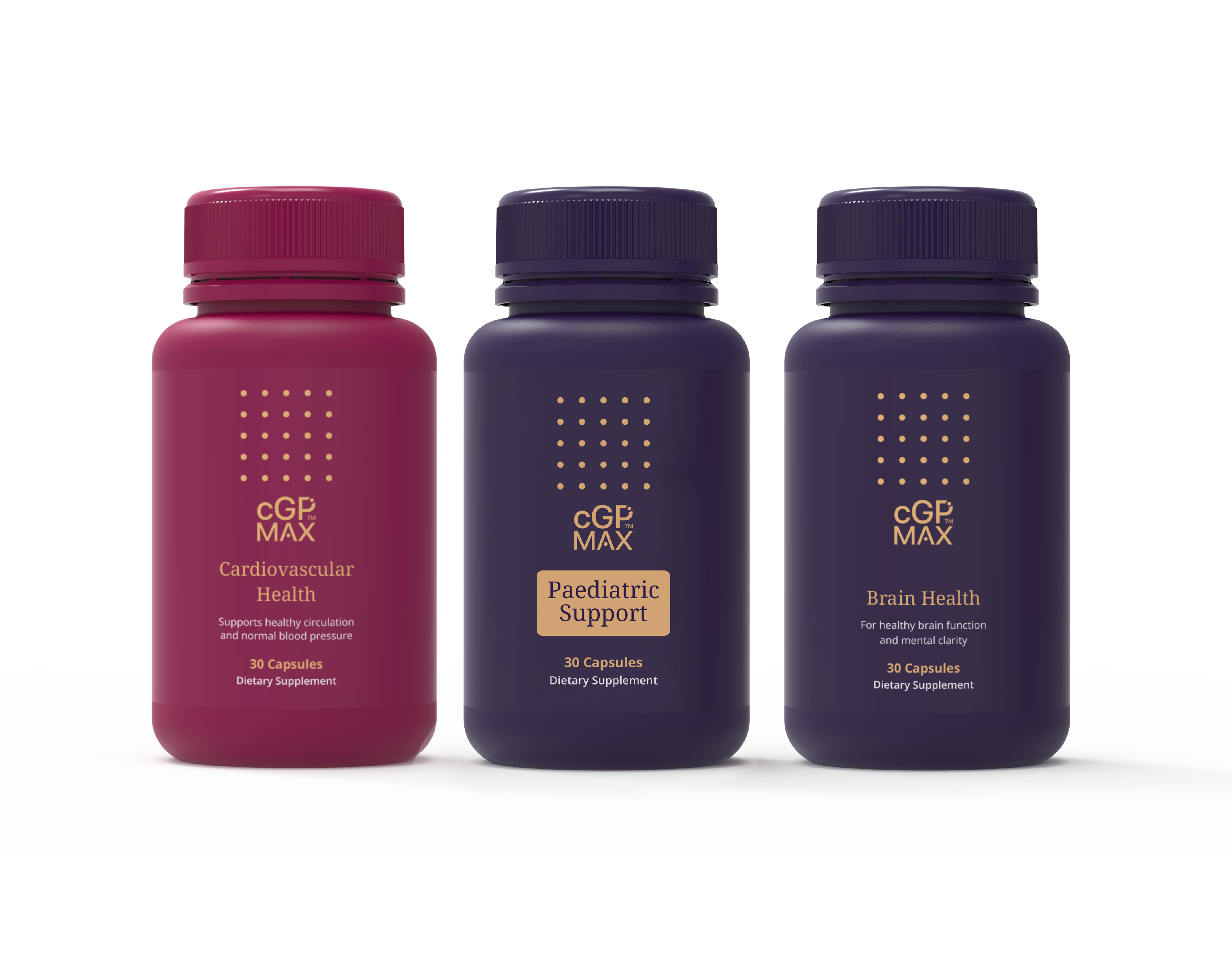

‘This product has helped propel our daughter Soko towards greater heights of achievement and fulfilment.'
cGPMAX® Paediatric Support
Campbell T.

-
Developed in New Zealand based on a world-first discovery by neuroscientist, Dr Jian Guan.
-
The world's only natural cGP supplement.
-
A unique production process based on 30 years of research.
-
Two patents-pending in over 30 countries worldwide.
-
GMO, Dairy and Gluten Free.
